The New Challenge in Healthcare Consolidation
Private equity (PE) investment in healthcare has accelerated dramatically. From specialty roll-ups to platform-based MSOs, firms are acquiring practices at record speed.
But scale introduces complexity. Each acquisition adds new systems, data formats, compliance requirements, and staff expectations. Integration that once seemed straightforward now feels endless—and every day of operational delay risks eroding value.
For many firms, this integration burden has become the bottleneck to growth. The solution isn’t more analysts or consultants. It’s smarter infrastructure.
Artificial intelligence (AI) and workflow automation are now giving PE-backed healthcare organizations the ability to unify operations, accelerate onboarding, and maintain consistent performance across diverse portfolios—all without massive headcount growth.
1. Diagnose Where Integration Slows Down
In any healthcare roll-up, integration time equals money.
Before evaluating automation solutions, firms should identify where friction actually occurs during the post-acquisition process.
Common pain points include:
- Duplicative administrative teams and workflows
- Inconsistent billing or revenue cycle processes
- Manual credentialing and provider data verification
- Compliance tracking across multiple EHRs
- Fragmented analytics and reporting
These issues often go unnoticed during diligence—but once the deal closes, they determine whether growth is smooth or chaotic.
AI can automate and standardize these steps early, reducing post-close disruption and accelerating value realization.
2. Standardize Before You Scale
The most successful healthcare roll-ups don’t just acquire—they integrate.
That means creating standardized workflows and shared operational infrastructure before adding the next clinic or specialty.
AI-driven platforms make that possible. They can:
- Normalize data across different systems
- Automate repetitive administrative work
- Identify inconsistencies in billing or documentation
- Centralize credentialing and compliance tracking
By automating the foundation first, firms can onboard new practices faster and with less friction—without asking every location to reinvent its workflow.
3. Choose Platforms Built for Healthcare, Not Generic Automation
Healthcare operations are too complex for one-size-fits-all technology. Generic automation tools can help with surface-level efficiency but lack the medical, regulatory, and payer-specific intelligence needed for healthcare-scale integration.
When evaluating AI platforms, firms should ask:
- Was this platform built specifically for healthcare workflows?
- Does it integrate directly with major EHR systems?
- How does it ensure HIPAA and SOC 2 compliance across all users?
- Can it manage documentation, claims, and compliance within one ecosystem?
The right technology should feel like a healthcare-native operating layer—not an IT overlay.
4. Protect Valuation Through Operational Visibility
Every private equity firm tracks performance, but few have real-time visibility into what’s happening inside each clinic or region.
AI solves that by unifying data and creating live operational dashboards.
With a single view across the network, firms can:
- Track billing accuracy and payment velocity
- Identify compliance gaps before they become risks
- Benchmark performance across locations
- Forecast revenue and staffing needs with precision
Operational transparency isn’t just a reporting advantage—it’s a valuation safeguard. Investors gain confidence when they can see efficiency improving in measurable ways.
5. Build a Scalable Operating Platform
The goal of every healthcare roll-up is scalability—expanding across geographies, specialties, and payer networks without losing control.
AI provides the infrastructure for that kind of expansion.
Instead of managing ten disconnected back offices, PE-backed platforms can build one intelligent, automated foundation that serves them all.
This doesn’t just reduce overhead. It creates a repeatable model for integration—one that compounds value with every acquisition.
Why PE-Backed Healthcare Groups Choose Honey Health
Honey Health was built for the organizations behind modern healthcare growth—MSOs, roll-ups, and private equity-backed platforms that need to scale quickly without losing precision.
The platform unifies onboarding, documentation, billing, and compliance under one intelligent system.
It was designed from the ground up for healthcare operations, making integration faster and less risky.
Key advantages include:
- Healthcare-Native AI: Purpose-built for operational and clinical complexity.
- Unified Infrastructure: Connects every acquired practice under one platform.
- Seamless EHR Integration: Works across diverse technology stacks.
- Transparent Compliance: Built-in safeguards that meet HIPAA and SOC 2 standards.
- Faster Time-to-Value: Shortens the integration timeline and speeds ROI realization.
With Honey Health, private equity firms can standardize the administrative core of their portfolio—so each acquisition becomes easier, faster, and more profitable than the last.
Smarter Growth Starts With Smarter Infrastructure
In healthcare consolidation, operational chaos is the silent deal killer.
The firms that win aren’t just buying practices—they’re building scalable systems that hold everything together.
AI has become the backbone of that transformation.
It’s how healthcare investors move from managing transactions to managing performance, from chasing efficiency to creating it.
With intelligent automation at the core, every acquisition becomes more than an addition—it becomes acceleration.

